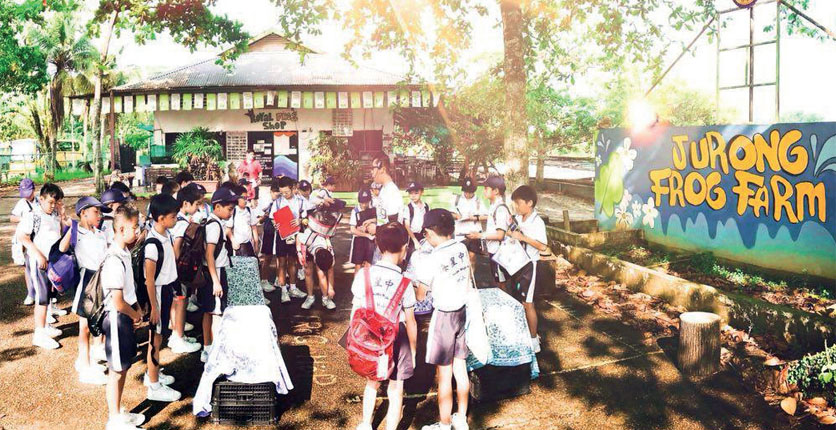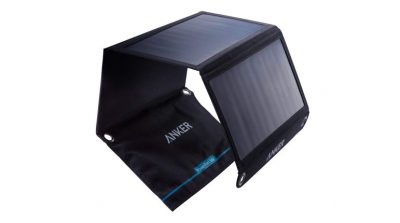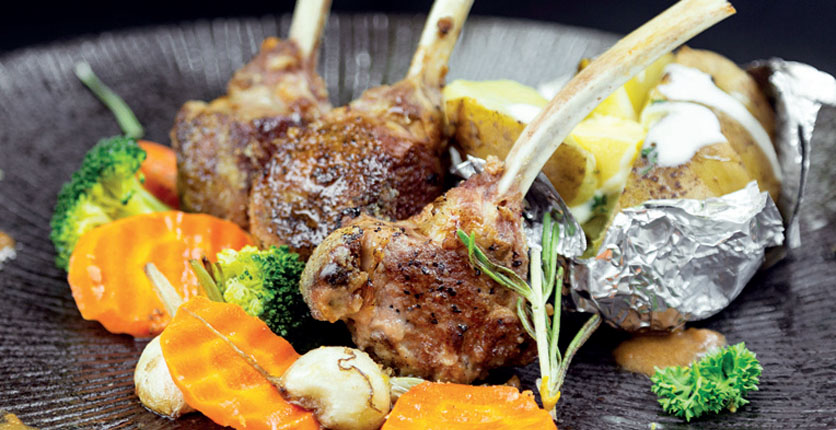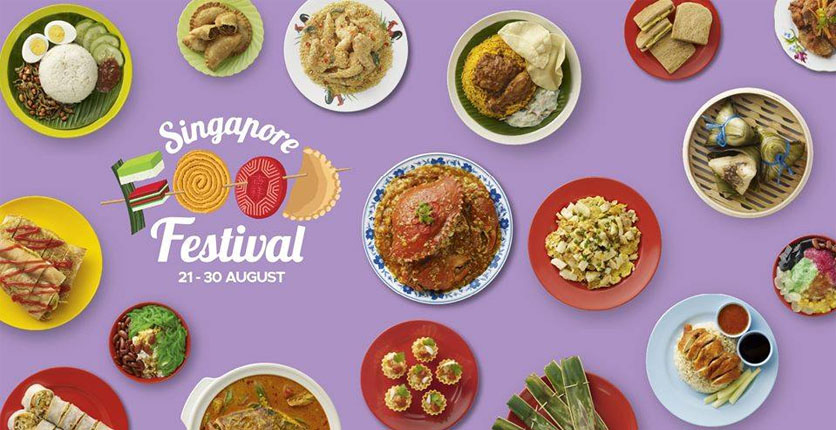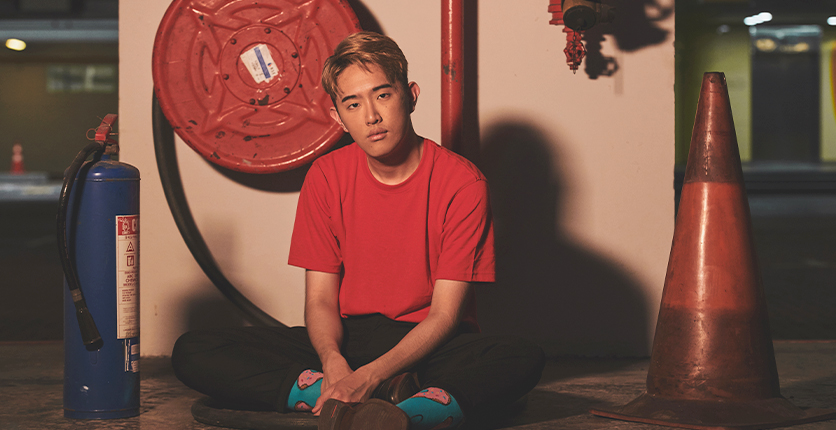Ask anyone where Singapore’s vegetables come from and you should not be surprised if the answer is “Pasir Panjang Wholesale Centre”. After all, this is an urban jungle where virtually all its food is imported from neighbouring countries. So it is little wonder that few are aware that Singapore has its own food production sources.
They may be small but these local farms are important – not only for enhancing food security and supporting sustainability, but also because they allow locavores who want to reduce their carbon footprint to buy local.
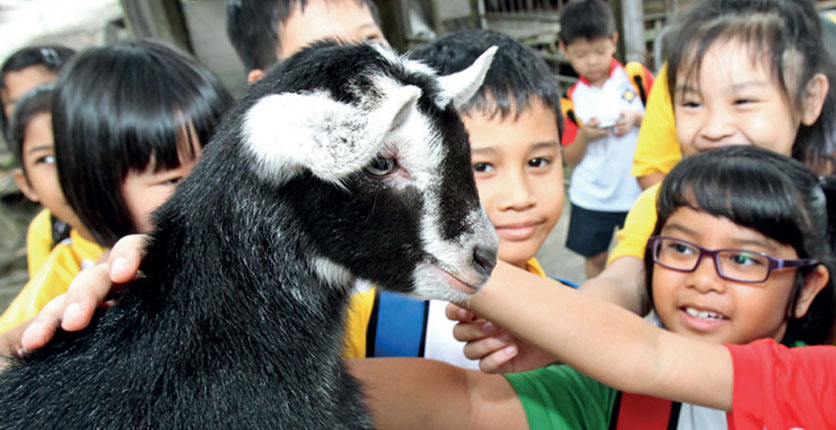
Hay Dairies
Fresh milk doesn’t come any fresher than this. Singapore’s only goat farm was established in Kranji 30 years ago by the Hay family. Today, it has about 800 mixed breed goats from the US. Before goat milk is sold, it is first pasteurised at a low temperature – with no preservatives and bottled using the latest machinery. You can either drink it fresh or use it in food preparation, like Michelin-starred restaurant Labyrinth, which uses Hay’s milk in its burnt yogurt espuma dessert.
Farm visits also allow visitors to view the fuzzy little animals and learn about the milking process. Visitors can take home 200ml or 800ml bottles of milk. Hay Dairies, 3 Lim Chu Kang Lane 4, www.haydairies.com.sg
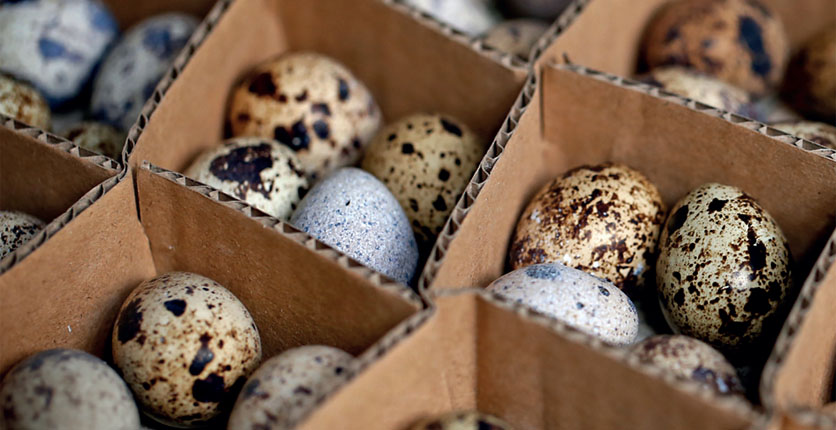
Uncle William’s Lian Wah Hang Quail Farm
Contrary to popular belief, quail eggs are good for you. Why? Because they’re full of high-density lipoprotein “good” cholesterol and packed with antioxidants, magnesium and more. At least that’s what some ayurvedic doctors and Uncle William say. Uncle William is the founder’s son, carrying on the legacy of Lian Wah Hang farm from 60 years ago.
The farm has over 150,000 quails and processes 30,000 eggs a day. Other than selling the eggs and some birds, it also hosts educational tours conducted by Uncle William himself, who is a walking dictionary of poultry farming. Lian Wah Hang Quail Farm, 5 Lim Chu Kang Lane 6D, tel: 9450-0752
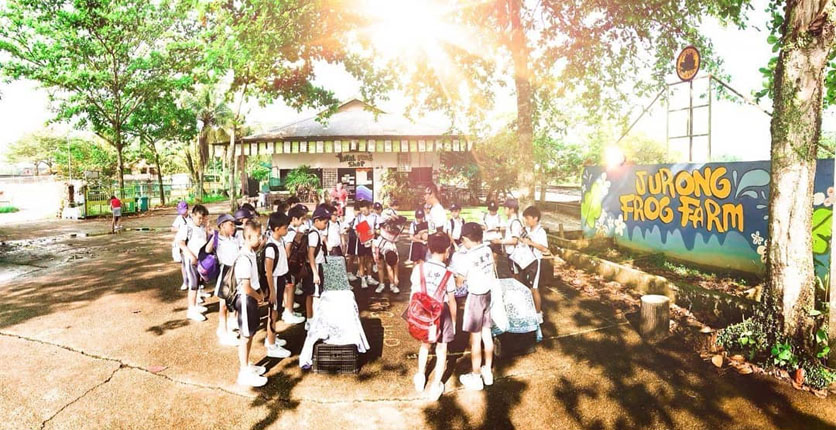
Jurong Frog Farm
If you’ve tried frog leg porridge in Geylang, you know that these amphibians have really tasty thighs. But did you also know that their meat is rich in protein, calcium and phosphorus, and some of what you eat comes from Jurong Frog Farm? Founded in 1981 to rear the American bullfrog for its healthy and nutritious meat, Jurong Frog Farm also produces snow jelly or hashima, a Chinese delicacy.
Each bottle of Premium Hashima with American Ginseng contains collagen and amino acid, said to beautify the complexion as well as nourish lungs and kidneys, among other health benefits. Jurong Frog Farm, 56 Lim Chu Kang Lane 6, jurongfrogfarm.com.sg.
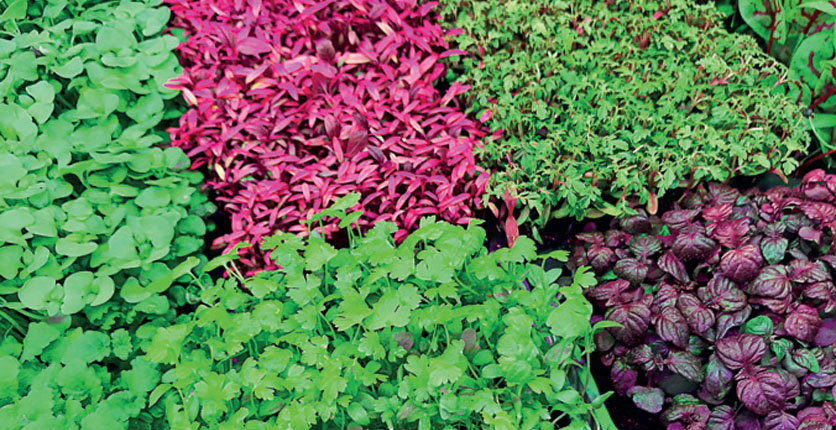
Farm Delight
More than 40 types of plants are grown at Farm deLight.This vegetable farm grows its leafy greens naturally but slightly differently: indoors and straight up. Soil is used instead of hydroponics at this indoor vertical farm, which nourishes the 40 different types of plants with a wide range of organic fertilisers. Instead of sunlight, LED lamps are used and the environment is pesticide-free. Farm deLight’s space-efficient facility in Jalan Boon Lay cultivates flowers, herbs and baby leaves such as mustards, mizuna and rucola for hip restaurants like Nouri and The Naked Finn.
But its main product are micro greens. Also called cress, they are very small baby plants packed with nutrition. Farm deLight, 338 Jalan Boon Lay, www.farm-delight.com.sg.
